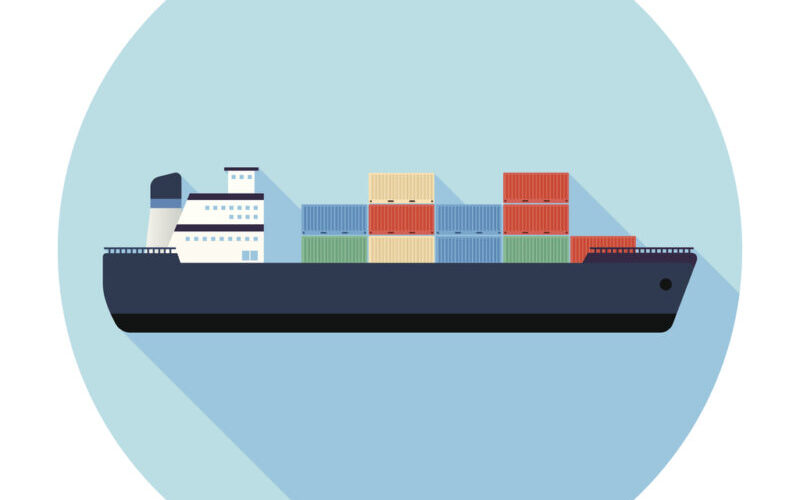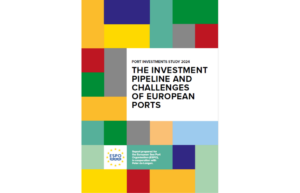The Bureau International des Containers (BIC), Container Owners Association (COA), Institute of International Container Lessors (IICL), and World Shipping Council (WSC) have welcomed the International Cargo Handling Coordination Association (ICHCA) as a new partner to help cargo handlers implement the guidelines.
WSC’s recent edition of the ‘Joint Industry Guidelines for the Cleaning of Containers’, released in 2023, was reportedly well accepted by regulators and industry, and it has become a valuable source of information for reducing pest infestation.
The 2024 update expands on the concept of custodial responsibility, which refers to the inspections and measures that each party in the supply chain should take while the container is in their custody, as well as the requirement for the receiving party to notify the tenderer if the container or its cargo has any visible pest contamination.
Lars Kjaer, Senior Vice President of WSC, said: “Each party in the international container supply chain has a custodial responsibility to make sure cargo and containers are clean when they arrive and when they leave their care. If we all live up to these standards, containers will reach their destination faster and our agriculture, forestry and natural resources are protected.”
According to WSC, experience shows that the introduction of new pests can severely upset an existing ecosystem, with serious ecological consequences and possibly billion dollar impacts on a nation’s economy.
Regulators and national authorities play a central role in stopping the transfer of pests, but given the scale of global trade it is prevention – stopping pests from entering cargo or containers in the first place – that is the best solution.
With the revised ‘Prevention of Pest Contamination of Containers: Joint Industry Guidelines for the Cleaning of Containers’, BIC, COA, ICHCA, IICL, and WSC aim to strengthen the degree of prevention across the supply chain in order to avoid pest transmission.
READ: ICHCA, PEMA team up for sustainability and safety in cargo handling
All stakeholders in the supply chain, including manufacturers, exporters, packers, freight forwarders, inland logistics providers, warehouse storage providers, ocean carriers, and importers, must accept responsibility for keeping goods and containers clean while in their possession.
By following the best practices outlined in this guide, parties may maintain containers and cargoes clean, satisfying their custodial responsibilities while lowering the risk of pest infection and transmission.
In January, RightShip, a digital maritime platform, joined forces with ICHCA.









